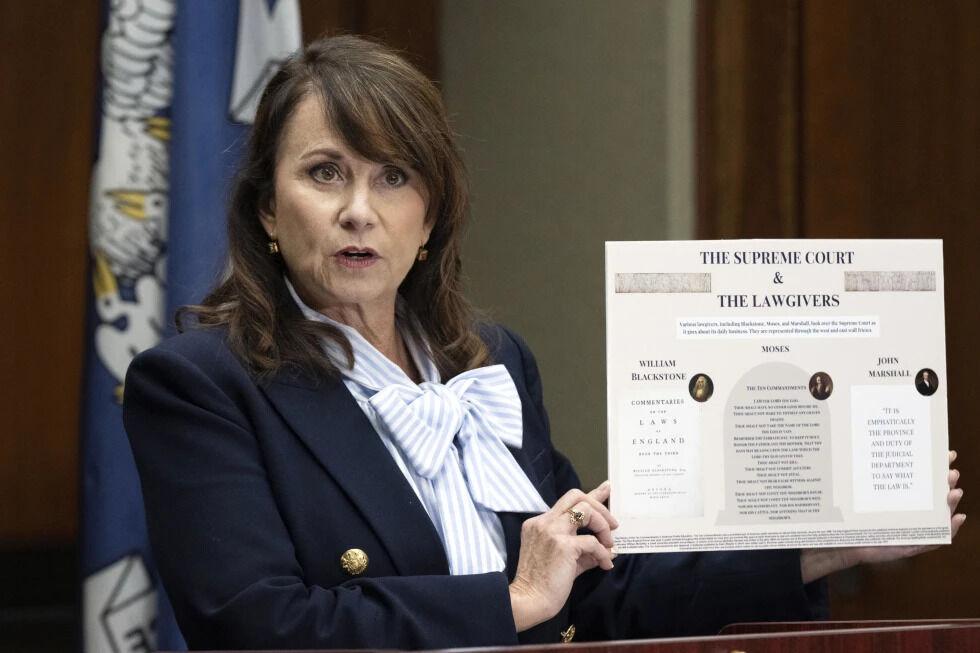Remembering Pearl as a journalist, not a hostage
If you were a firefighter Sept. 11, the crumbling towers meant something different for you than the rest of the world. The death and destruction touched you somewhere it didn’t touch the rest of us.
You watched fellow firefighters from New York rush the scene to save lives. You wondered what you’d do in the same situation and prayed you never had to find out.
Similarly, the senseless murder of Wall Street Journal reporter Daniel Pearl touches journalists in a way few outsiders can understand.
The world learned of Pearl’s brutal murder Feb. 21 via a videotape of the gruesome act sent to a U.S. Embassy. According to a Newsweek article due to be published March 4, Pearl’s captors made him mock his religion, his family and his country moments before slitting his throat, decapitating him.
“Americans can’t walk around free as long as our government’s policies continue. America will bear the consequences of our government’s unconditional support for Israel,” Pearl was forced to say moments before his death, according to the article.
His head then was placed on a pile of newspapers, as the following message rolls across the bottom of the screen: “If our demands aren’t met, there will be scenes like this.”
Pearl was kidnapped Jan. 23 en route to a meeting with Islamic extremists about Richard Reid, the accused shoe bomber. He was serving as the Wall Street Journal’s South Asian Bureau Chief at the time.
His captors, a group calling itself “The National Movement for the Restoration of Pakistani Sovereignty” sent e-mail warnings, including photos of Pearl, to the Wall Street Journal. The Journal, along with Pearl’s pregnant wife Mariane, pleaded for his life.
Many people don’t consider Daniel Pearl’s trade a noble one. Journalists have tainted their image with irresponsible coverage of the 2000 Presidential Election and sensationalism of the O.J. Simpson murder trial, to name only two recent shortcomings.
But every day, journalists do good things that go unnoticed. They report on the stories that inform the public of what’s wrong and right about their communites. Their work makes us angry, it makes us laugh and drives us to tears.
Daniel Pearl was working to get the other side of the story, the side of extremists who many people discount because of their attitudes and past actions. By killing him, his captors did nothing to help their cause.
As journalists, we see our job as a calling not to ruin people’s lives, but make them better by helping them to make informed decisions. From the outside it may sound silly, but we really do believe we’re doing something great and important.
Some trades are undeniably heroic. Few would argue the firefighters and rescue workers who died in the rubble of the World Trade Center were not heroes. And the ones who worked after them, those who still work today at Ground Zero, are all heroes as well.
They probably didn’t think they were being heroic as they rushed to help people — just as the journalists who worked around the clock to update, inform and at times comfort the population on and after Sept. 11 didn’t think they were being heroic either.
But the truth is, heroism is going above and beyond the call of duty because it’s the right thing to do. Daniel Pearl did this, and may we remember him not as the tired, unshaven hostage in the pictures his captives sent the world, but as the smiling, clean-shaven man who served by informing.
Christina Stephens
Remembering Pearl as a journalist, not a hostage
By Christina Stephens
February 27, 2002
More to Discover







